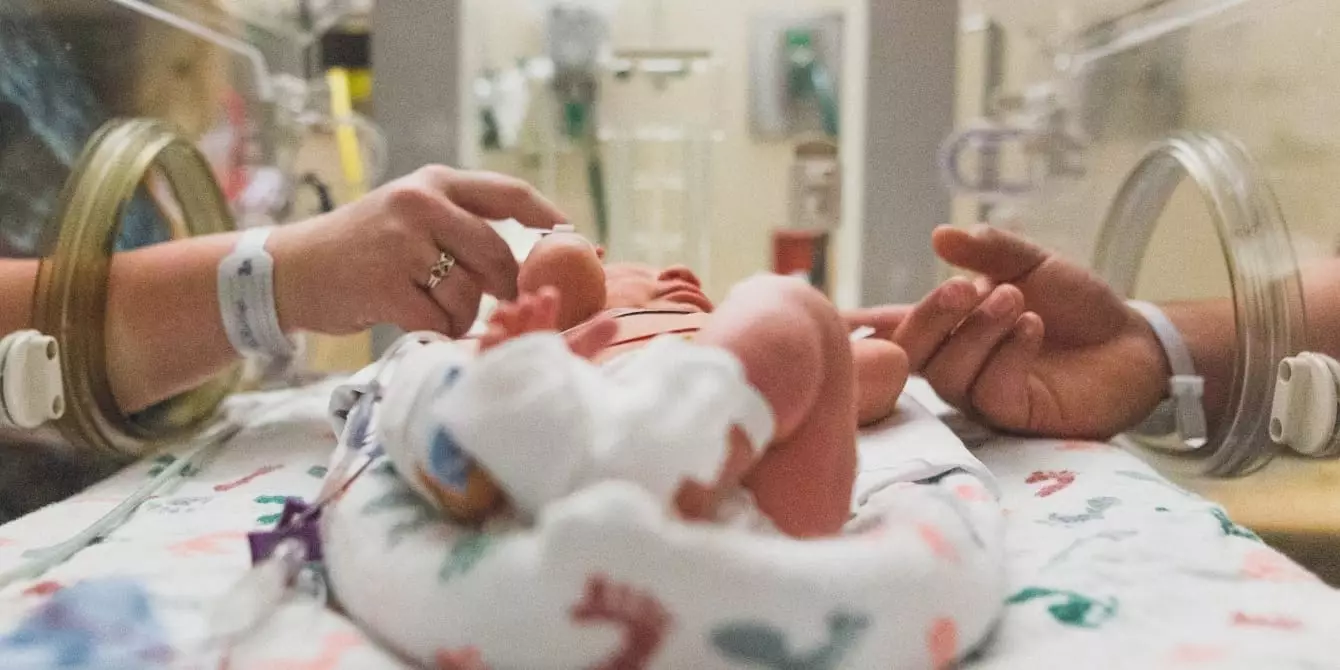The experience of a baby in a Neonatal Intensive Care Unit (NICU) can reshape the lives of parents in ways that often remain unnoticed. While healthcare professionals focus on the needs of the infant, parents find themselves grappling with a myriad of overwhelming emotions, including anxiety, depression, and feelings of isolation. The reality is stark: parents of preterm or critically ill infants face a higher risk of developing severe mental health issues. Despite the evident need, their psychological wellbeing is frequently relegated to the sidelines.
Being thrust into the world of the NICU can be harrowing. For many parents, this is a unique and unsettling environment characterized by beeping machines and the constant presence of medical staff. It’s not just the physical toll on families; the emotional load often feels insurmountable. Research shows they face challenges like post-traumatic stress disorder (PTSD) resulting from traumatic birth experiences and ongoing worries about their baby’s health.
A disconnect appears when healthcare systems fail to provide parental mental health services alongside infant care. This oversight leaves many parents feeling as if they are navigating turbulent waters without a life jacket. The parental experience is complex, yet the current systems often fail to recognize their struggles as valid and worthy of support.
Experts argue that mental health support must be seamlessly integrated into the NICU experience. Not only is this necessary during hospital stays, but it becomes increasingly essential as parents transition home. The challenge is compounded for families in rural areas or those who do not speak English, who may not have access to the resources they need. The lack of standardized mental health protocols in most NICUs further exacerbates feelings of vulnerability and isolation that parents experience.
One mother’s reflection concerning her NICU journey underscores this urgent need for change. Despite gratitude for the medical team’s dedication, she felt abandoned in terms of mental health resources. “Looking back, it was like being cast adrift in a storm without the means to find solid ground,” she recalls.
The journey through the NICU undoubtedly fosters resilience and strength, not only in infants but also in their families. The act of sharing their stories can become a transformative experience. Parents in similar situations can provide critical support to one another — a realization that can ease feelings of isolation.
From personal storytelling to dedicated support groups, creating mechanisms for parents to share their experiences can provide emotional solace. By expressing their fears and victories, parents can foster a stronger sense of community. Initiatives like FLRRiSH aim to bridge this gap, blending education with emotional support specifically designed for NICU families.
In the whirlwind of emotions and practicalities that come with a NICU stay, self-care often falls by the wayside. Many parents feel an innate obligation to be present every moment, which can lead to neglecting their own mental and physical health needs. It’s vital for parents to acknowledge that prioritizing their wellbeing is not a selfish endeavor but a necessary one. When parents take steps toward self-care, they enhance their capacity to support their vulnerable infants.
Advising parents to engage in activities that foster relaxation and joy — whether through journaling, light exercise, or connecting with friends — can make a real difference. Resources that assist in establishing these habits, like guided meditations or engaging courses, could help ease the transition from hospital to home, setting the stage for healthier emotional landscapes.
As we witness advances in medical technology, it is crucial that we do not overlook the essential human component of care. The need for integrated mental health support for NICU parents is not simply a recommendation; it is an urgent necessity. Without systematic changes, we risk perpetuating cycles of silence and suffering among families who need support most.
Approaches like peer support initiatives, in-clinic therapy sessions, and comprehensive training for medical staff on parental mental health issues must be considered to provide holistic care in the NICU setting. As we advocate for the physical wellbeing of infants, we must also champion for the mental health needs of their parents. They deserve to feel supported, understood, and empowered in their journey.
Acknowledging the emotional turbulence experienced by NICU parents not only fosters a more compassionate healthcare environment but also builds mechanisms for healing and resilience. It is time to create a culture of support that uplifts both the tiniest patients and their greatest advocates — their parents.

